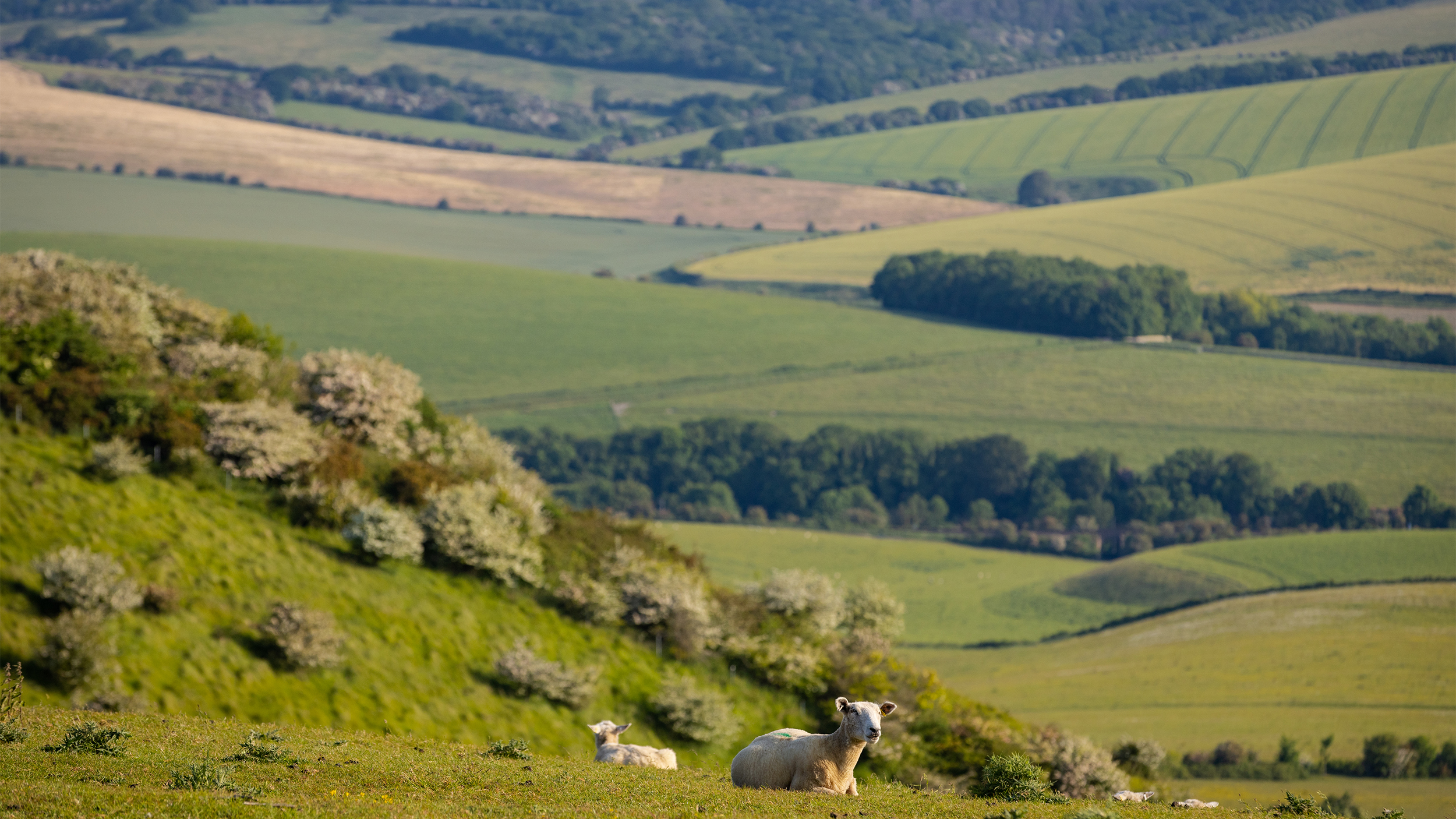
The market for providing biodiversity net gain (BNG) units as part of development is still quite new, with legislation under Schedule 7A of the Town and Country Planning Act 1990 (as inserted by Schedule 14 of the Environment Act 2021) requiring 10% BNG only coming into effect six months ago.
This presents landowners and farmers with an opportunity to use land to sell BNG units. However, there are new processes and workflows to understand if you want to do so.
In July, Biodiversity Units UK published The BNG report: pricings and insights, which aggregates data from 38 BNG suppliers across the country. Understanding these prices is crucial as it can help determine the potential revenue from selling BNG units.
Price variation contributes to developer uncertainty
Our report reveals that BNG prices vary depending on the region and habitat type.
For instance, in the south of England, more common habitats such as other neutral grassland cost £28,875 per unit, while they are slightly cheaper in the north at £27,825. Non-priority lakes and ponds are priced at £65,625 in the south and £60,375 in the north. These differences indicate how local factors affect pricing and the availability of certain units.
Another factor that complicates matters is that we have found that local planning authorities are still adjusting to the new biodiversity section in the Environment Act 2021, leading to delays and uncertainties for developers trying to meet these requirements. Many BNG providers' sites are under development but don't have the necessary section 106 agreements, further complicating compliance.
With only nine projects listed on the Department for Environment, Food and Rural Affairs' register of such sites, there is therefore a risk that developers might be caught off guard when they need units quickly before construction can begin.
Many developers lack a proper understanding of BNG but are hesitant to admit it. While the learning curve can be steep the sector is expected to become more familiar with BNG over the next six to 12 months, making the process smoother for everyone.
Remain adaptable and informed to profit from the market
BNG prices could also be affected by the property market: a potential building boom prompted by the new government's policies or lower interest rates could increase demand for BNG units, driving prices up. Conversely, an influx of new BNG providers could boost supply and thus bring prices down.
Our report also highlights a significant rise in BNG-related surveys and contracts, with some ecologists reporting revenue increases of more than 250% in the past year. This surge underscores the growing importance of BNG paperwork including surveys and reports, and the complexities of integrating these requirements into development projects.
The BNG market is new but rapidly expanding. Landowners, land managers and farmers can capitalise on this growth by keeping informed and adaptable. With ongoing education and more standardised local planning authority requirements, navigating the market should become easier in the coming months.
Biodiversity Units UK will also publish further reports on a quarterly basis to track changes in BNG prices.
Ian Hambleton is director at Biodiversity Units UK
Contact Ian: Email
Related competencies include: Land use and diversification, Management of the natural environment and landscape, Sustainability, Valuation

